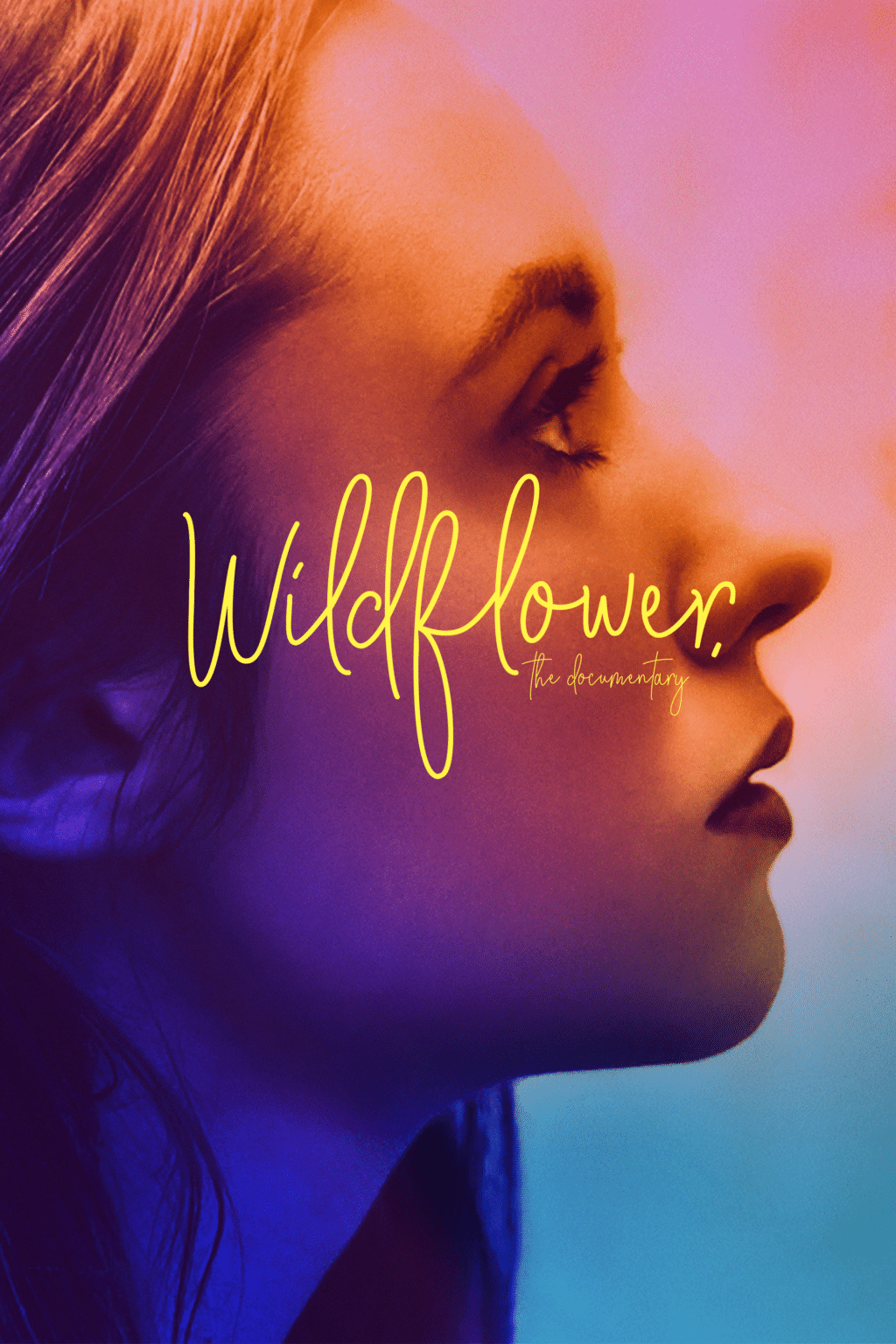
- Director
- Matt Smukler
- Rating
- n/a
- Running Time
- 73 minutes
- Release Date (US)
- May 9th, 2025
Overall Score
Rating Summary
I had the chance to catch Wildflower, Matt Smukler’s narrative directorial debut, when it premiered back at the 2022 Toronto International Film Festival as part of the Platform programme. Inspired by a true story, the film starred Kiernan Shipka as a high school senior juggling the overwhelming pressures of teenage life, college applications, schoolwork, a job, relationships, while also having to care for her intellectually disabled parents. While the film followed a fairly conventional coming-of-age formula, despite the gripping true story at its core, it made for a genuinely moving effort. Effectively conveying the emotional weight and complexity of its characters’ situations, it offers a heartfelt look at the kind of story audiences don’t often see portrayed in media. Leaving me wanting to know more about the real people behind the story, Smukler revealed during a post-screening Q&A that he was also working on a documentary version of the story, one that was then still in development. Just a few years later, that documentary is now upon us.
Smukler’s documentary, also titled Wildflower, attempts presents an intimate portrait of the life of high school senior Christina Stahl, the center of the true story, delving into her struggles navigating her complex circumstances. While the film focuses on her experiences, it also features candid interviews with her parents, who are the other primary subjects of this documentary. Christina’s mother was born with an intellectual disability and an IQ of 59, and her father experienced an injury in early adulthood that would significantly impact his cognitive functioning.
In many cases, companion documentaries offer a richer, more nuanced look at the real stories behind narrative films. Unfortunately, this was not quite the case here. Surprisingly, the narrative version of Wildflower tells the story with far more depth and emotional resonance than its documentary namesake, carrying a warmth and tenderness that the documentary simply lacks. In the narrative version of the story, Smukler did an excellent job of capturing its complexity and portrayed it with such empathy and care, while framing it as an entertaining coming-of-age movie.
It seems Smurkler is more adept at narrative storytelling than documentary work. While the film has a compelling story at its core, it falls short by failing to ask the most meaningful questions. There’s a noticeable lack of sensitivity in how Christina’s parents are portrayed, and little effort is made to truly understand their perspectives or the challenges they’ve had to face. They should have been given more of an opportunity to speak about their decision to raise their daughter despite opposition from their families, and the challenges they had to overcome as parents, and to offer more insight into their relationship. Instead, the film often presents them in unflattering moments, including deeply personal, emotionally charged fights—particularly scenes where Stahl expresses anger towards her mother and says things she likely did not mean. While it is valid to explore her frustrations, this approach feels voyeuristic, too eager to show the family at their most vulnerable without offering enough context or empathy.
The film also avoids engaging with the deeper questions it briefly touches on but never fully explores. It skirts around complex issues, like whether it was fair for her parents, given their limitations, to raise a child, or whether Christina was held back by this situation. What did she gain from this experience that may shape her into a stronger or more compassionate person? These are compelling questions, but ones the documentary seems reluctant to delve into. In contrast, the narrative feature felt more nuanced and complete, offering a richer, more thoughtful portrayal of the story.
In the end, Wildflower feels like a missed opportunity to delve deeper into the true story that became the basis of a narrative feature. Director Matt Smukler is clearly very passionate about this story, however, this companion documentary lacks the emotional insight and narrative cohesion of its fictional counterpart. While it offers interesting glimpses into Christina’s world, those glimpses are very surface level and don’t handle the material with care. That being said, had it been told with a more compassionate lens, this documentary could have served as a moving companion piece, but as it stands, it ultimately falls short.
still courtesy of Buffalo 8 Productions
If you liked this, please read our other reviews here and don’t forget to follow us on Twitter or Instagram or like us on Facebook.

Discover more from
Subscribe to get the latest posts sent to your email.
